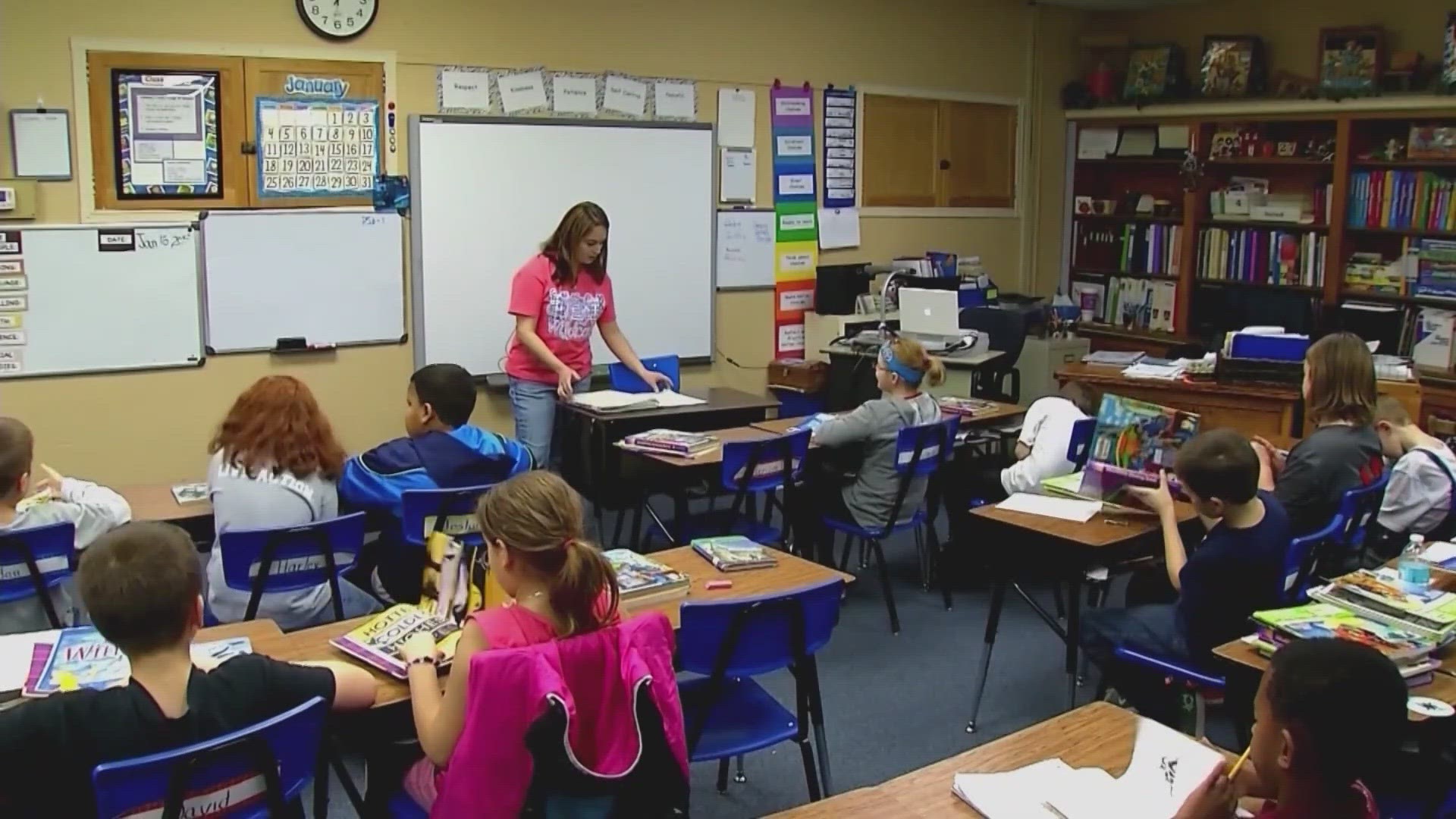
The state of Texas has always been a focal point for discussions on education, and one of the most debated topics in recent years is the issue of school vouchers. This article aims to explore the intricacies of this debate, delving into the Texas Senate School Vouchers, advantages, criticisms, case studies, public opinion, legislative proposals, and the future outlook.
Brief Overview of the Texas Senate
The Texas Senate School Vouchers, a crucial legislative body, plays a pivotal role in shaping policies that impact millions of residents. Among the pressing matters they’ve grappled with, school vouchers have emerged as a contentious issue.
Definitions of School Vouchers
Before diving into the debate, it’s essential to understand what school vouchers entail. These are government-funded scholarships that allow parents to use public funds to send their children to private schools of their choice.
Background of School Vouchers
Origin and History
The concept of school vouchers dates back to the 1950s, gaining traction as a means to provide families, especially those in low-income areas, with alternatives to public education.
Purpose and Goals
Proponents argue that school vouchers empower parents by offering them a choice in their child’s education, fostering competition among schools and ultimately improving the quality of education.
Controversies Surrounding School Vouchers
Despite these goals, school vouchers have been met with fierce opposition, primarily concerning their impact on public schools and potential exacerbation of educational inequalities.
Texas Senate School Vouchers
Recent Developments and Debates
In recent sessions, the Texas Senate has engaged in heated debates on the merits and drawbacks of school vouchers. Lawmakers grapple with finding a balance between parental choice and safeguarding the public education system.
Key Players and Their Perspectives
Various stakeholders, including senators, educators, and advocacy groups, contribute diverse perspectives to the ongoing discourse.
Advantages of School Vouchers
Empowering Parents
Proponents argue that school vouchers empower parents, giving them the ability to make educational choices based on their children’s needs and aspirations.
Promoting School Choice
School vouchers promote school choice by breaking down economic barriers, allowing families from diverse backgrounds to access a variety of educational options.
Addressing Educational Disparities
Advocates claim that school vouchers can address educational disparities by providing opportunities for students in underprivileged communities.
Criticisms and Concerns
Impact on Public Schools
Critics argue that diverting funds to private schools through vouchers can have detrimental effects on public schools, leading to a decline in resources and quality of education.
Potential for Increased Inequality
There are concerns that school vouchers might exacerbate educational inequality by favoring families with resources, leaving others at a disadvantage.
Accountability and Oversight Challenges
Ensuring accountability in private schools that receive voucher funds poses a significant challenge, raising questions about the effectiveness of regulatory measures.
Case Studies
Examples of States Implementing School Vouchers
Examining case studies from states that have implemented school voucher programs offers insights into the practical implications of such policies.
Measured Outcomes and Lessons Learned
Analyzing the outcomes of these programs provides valuable lessons for lawmakers considering similar initiatives in Texas.
Public Opinion and Surveys
Perspectives from Educators, Parents, and Students
Gauging opinions from key stakeholders, including educators, parents, and students, helps paint a comprehensive picture of public sentiment.
Polls and Surveys on School Voucher Programs
Various polls and surveys shed light on public perceptions, showcasing the complexity of opinions surrounding school voucher initiatives.
Legislative Proposals and Reforms
Past and Current Bills Related to School Vouchers
A review of past and current legislative proposals reveals the dynamic nature of the debate and the ongoing efforts to shape education policy in Texas.
Proposed Changes and Their Potential Impact
Lawmakers continually propose changes to existing policies, each carrying potential implications for the education landscape in the state.
Future Outlook
Anticipated Developments in the Texas Senate’s Stance
As the debate evolves, anticipating the Texas Senate’s future stance on school vouchers requires considering the changing political landscape and public sentiment.
Potential Nationwide Trends in Education Policy
Texas often serves as a bellwether for national trends. Exploring potential nationwide shifts in education policy provides context for the broader implications of the school voucher debate.
In conclusion, the debate over school vouchers in the Texas Senate reflects the broader national discourse on education policy. Balancing the advantages of parental choice with the concerns about inequality and accountability remains a formidable challenge. As the Texas Senate navigates these complexities, the nation watches, with the outcomes influencing the future of education policy.
Frequently Asked Questions
Are school vouchers only applicable to private schools?
No, school vouchers can also be used for other educational options, including religious schools and, in some cases, homeschooling.
How do school vouchers affect the funding of public schools?
The impact on public school funding is a contentious issue. Critics argue that diverting funds to private schools can lead to a decrease in resources for public schools.
What measures ensure accountability in private schools that receive voucher funds?
Establishing effective measures for accountability in private schools remains a challenge. Oversight mechanisms need to be robust to ensure taxpayer funds are used appropriately.
Do school vouchers address the issue of educational disparities effectively?
Advocates believe that school vouchers can address educational disparities by providing opportunities to students in underprivileged communities. However, critics argue that it may exacerbate existing inequalities.
